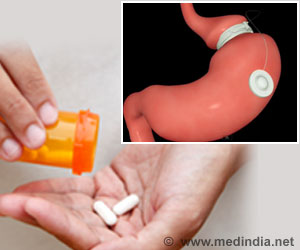A past history of weight loss surgery can be associated with an increased risk of developing inflammatory bowel disease (IBD), though the mechanism of disease development is still unclear.

‘Weight loss surgeries can elevate the rates of vitamin D and bile salt deficiencies along with increased IBD risks.’





A past history of weight loss surgery was associated with a nearly 2-times increased likelihood of developing IBD. The mechanism by which weight loss surgery may increase the risk of IBD is unclear. Alterations in gut microbes following the surgery may play a role. In addition, weight loss surgery patients have elevated rates of vitamin D and bile salt deficiencies. Prospective studies are needed to confirm the association found in this analysis and delineate if certain types of weight loss surgeries have differential effects on risk of IBD. "While we do not think our findings should at all discourage or take away from the health benefits of bariatric surgery, since the absolute risk of developing IBD following bariatric surgery remains extremely small, we think this association highlights potential disease mechanisms and the need to carefully evaluate new gastrointestinal symptoms in patients with prior weight loss surgery," said senior author Dr. Jean-Frederic Colombel, of the Icahn School of Medicine at Mount Sinai, in New York. "Of note, another recent study from the Mayo Clinic had similar findings calling for the need for further prospective studies on this topic."
Source-Eurekalert















